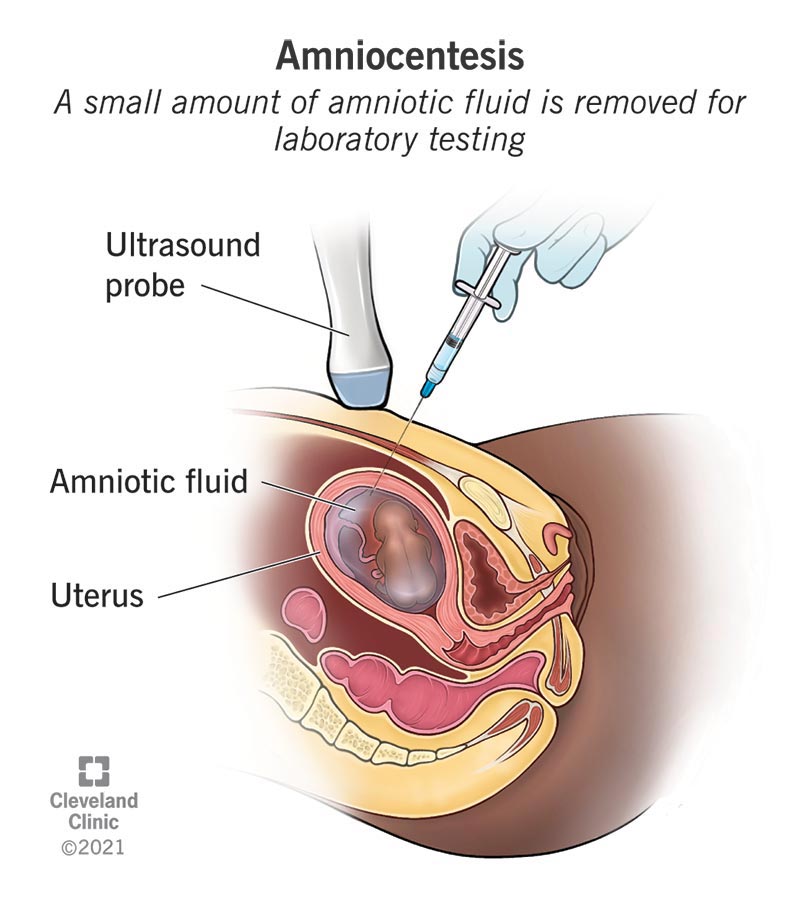Aminocentesis
Aminocentesis
Aminocentesis, more commonly referred to as amniocentesis, is a medical procedure used during pregnancy to obtain a sample of amniotic fluid for testing.
Purpose
- Genetic Testing: To check for genetic disorders such as Down syndrome or cystic fibrosis.
- Fetal Health Assessment: To assess the well-being of the fetus, including checking for infections or other conditions.
- Lung Maturity: To evaluate fetal lung development, particularly if early delivery is being considered.
Procedure
- Timing: Usually performed between the 15th and 20th weeks of pregnancy.
- Technique: A thin needle is inserted through the abdominal wall into the uterus, guided by ultrasound, to withdraw a small amount of amniotic fluid.
Risks
- Miscarriage: There is a small risk of miscarriage (approximately 1 in 300 to 1 in 500).
- Infection: There is a risk of infection in the uterus.
- Amniotic Fluid Leak: Rarely, there can be a leak of amniotic fluid.
Considerations
- Informed Decision: It’s important for expectant parents to discuss the benefits and risks with their healthcare provider before proceeding.
- Alternative Tests: Non-invasive prenatal testing (NIPT) and other methods may be available as alternatives for some conditions.


Comments
Post a Comment